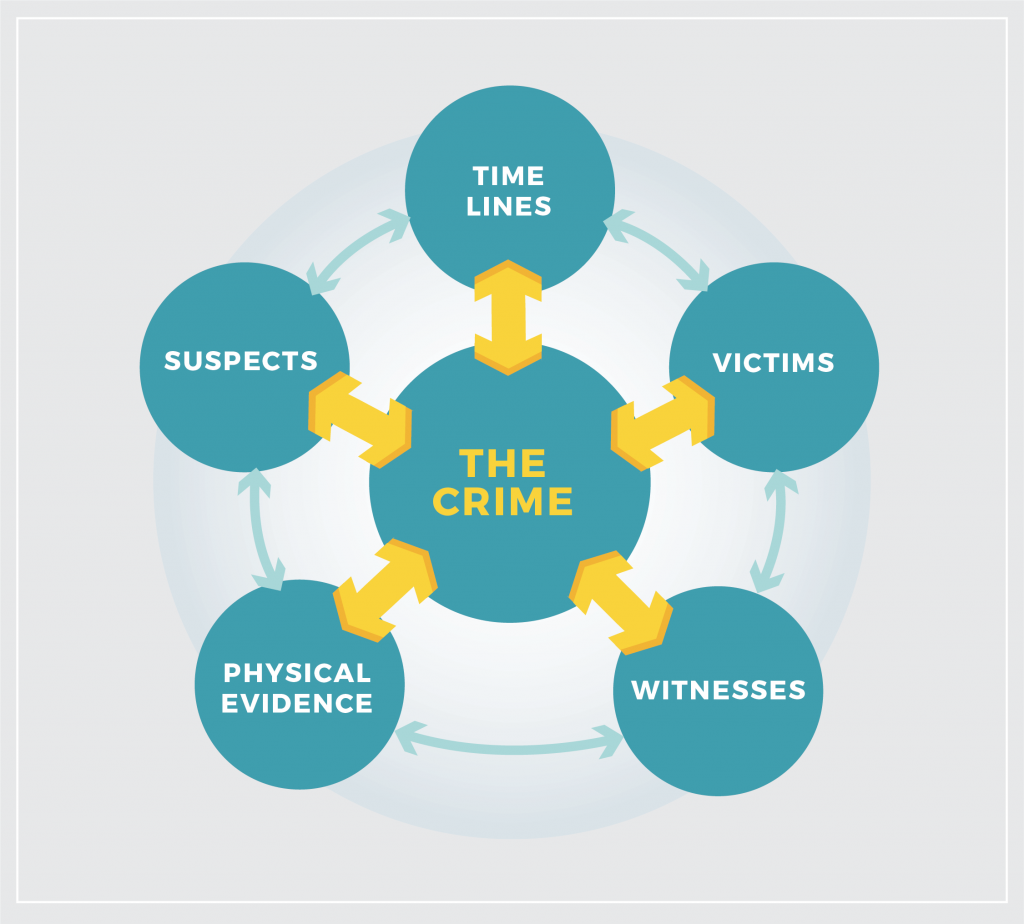Understanding how long police departments retain evidence is crucial for anyone involved in a legal case or simply curious about the process. The length of time evidence is held can significantly impact investigations, trials, and even appeals. This article delves into the complexities of police evidence retention, exploring the factors that influence these decisions and providing insights into typical timeframes.
This comprehensive guide will examine the various aspects influencing how long do police keep evidence, including the severity of the crime, applicable laws, local policies, and the importance of consulting legal professionals for specific guidance. By understanding these factors, you can gain a clearer picture of how evidence is handled within the criminal justice system.
Police Evidence Retention
Police departments across jurisdictions have established procedures for collecting, storing, and ultimately disposing of evidence gathered during investigations. The primary goal is to ensure that evidence is preserved in a manner that maintains its integrity and admissibility in court proceedings. This involves meticulous documentation, secure storage facilities, and adherence to strict chain-of-custody protocols.
Evidence can encompass a wide range of items, from physical objects like weapons or clothing to digital data such as emails or text messages. Each type of evidence may have specific requirements for handling and preservation. For instance, biological samples often require specialized storage conditions to prevent degradation, while electronic data necessitates secure backups and protection against unauthorized access.
The process of evidence retention is not static; it involves continuous evaluation and adjustments based on the progress of investigations and legal developments. As cases evolve, new evidence may be collected, existing evidence may become irrelevant, or legal requirements may change, necessitating modifications to the retention schedule.
Crime Severity & Timeframes

A fundamental factor influencing how long do police keep evidence is the severity of the crime under investigation. Serious offenses such as murder, rape, or armed robbery typically involve extensive investigations and potential for lengthy legal proceedings. Consequently, evidence related to these crimes may be retained indefinitely, allowing for future retesting, analysis, or review if new information emerges.
Less serious offenses, such as minor traffic violations or petty theft, often have shorter retention periods. In these cases, the volume of evidence collected is typically less substantial, and the likelihood of future legal action is lower. Local policies may dictate specific timeframes for disposing of evidence in less severe cases, ensuring efficient use of storage space and resources.
It’s important to note that even within categories of crime severity, there can be variations based on individual case circumstances. For example, a seemingly minor theft might involve unique forensic evidence or lead to further investigations, potentially extending the retention period.
Legal Factors Influencing Retention
The legal framework governing how long police keep evidence is multifaceted and subject to constant evolution. Statutory laws at both the state and federal levels often establish minimum retention periods for specific types of evidence, particularly in cases involving DNA samples or digital data. These legal mandates aim to ensure that crucial evidence is available for future use in court proceedings or appeals.
Furthermore, case law plays a significant role in shaping evidence retention practices. Judicial decisions interpreting existing laws can set precedents and influence how police departments handle evidence in similar situations. Legal challenges regarding the admissibility of evidence often hinge on factors such as chain-of-custody procedures, storage conditions, and time elapsed since collection.
The legal landscape surrounding evidence retention is complex and constantly evolving, requiring law enforcement agencies to stay abreast of changes in legislation and judicial interpretations.
Local Policies & Guidelines

In addition to overarching legal frameworks, individual police departments often develop their own policies and guidelines regarding evidence retention. These local regulations may specify timeframes for disposing of various types of evidence based on the nature of the offense, storage capacity, and departmental resources.
Local policies can also address specific procedures for handling sensitive evidence, such as DNA samples or confidential informant information. They may outline protocols for secure storage, access control, and destruction methods to ensure compliance with privacy laws and ethical standards.
Consulting Legal Professionals
Navigating the intricacies of how long do police keep evidence can be challenging without expert guidance. Consulting with legal professionals, such as attorneys specializing in criminal law or evidence handling, can provide invaluable insights tailored to specific circumstances.
Legal experts can offer advice on relevant statutes and case law, interpret local policies, and assess the potential impact of evidence retention on ongoing or future legal proceedings. They can also assist in requesting access to specific evidence or challenging its admissibility if necessary.
Conclusion
Understanding how long police keep evidence is a multifaceted process influenced by crime severity, legal factors, local policies, and individual case circumstances. While there are no universal timeframes, serious offenses often involve indefinite retention, while less severe cases may have shorter periods. Consulting legal professionals can provide crucial guidance tailored to specific situations. By comprehending these complexities, individuals involved in legal matters can make informed decisions and navigate the evidence handling process effectively.



